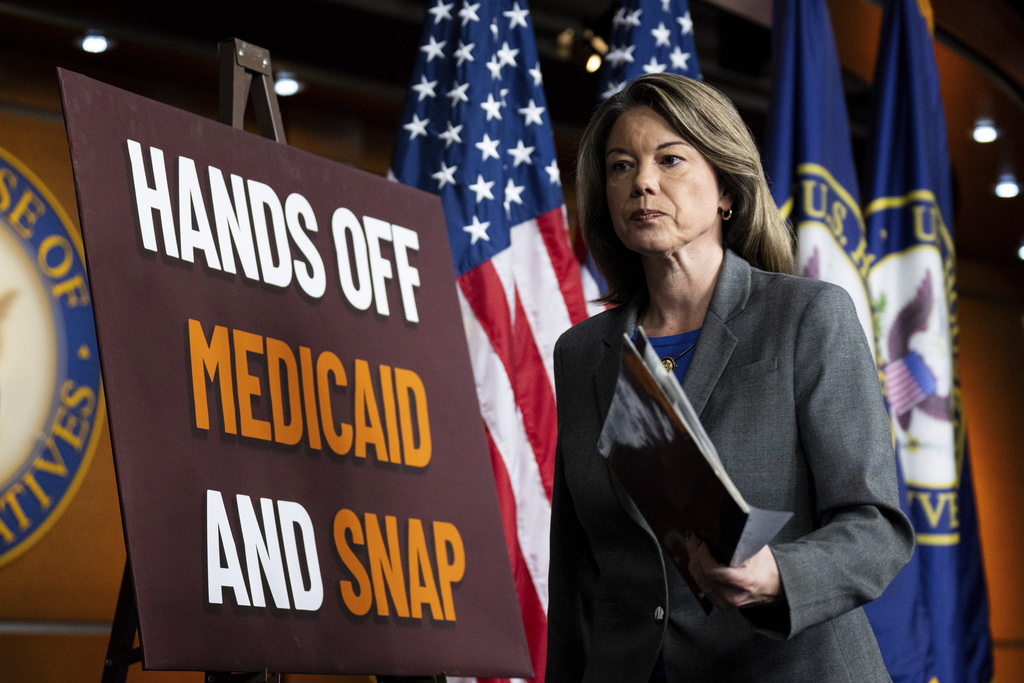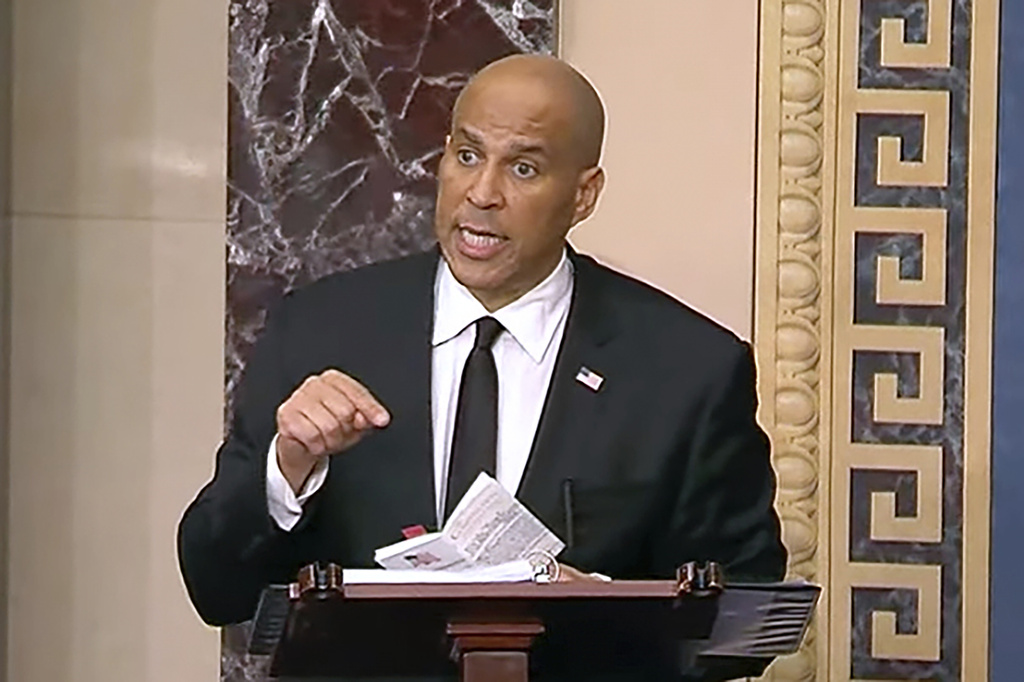President Donald Trump may finally be willing to level additional economic sanctions on Russia. Last week, Trump said he would give Russia 10 or 12 days to make progress toward ending the war in Ukraine before imposing “sanctions and maybe tariffs, secondary tariffs.”
This new set of sanctions would be levied on both Russia as well as the buyers of Russian exports. Secondary sanctions threaten to cut off third-party institutions from the U.S. financial system if they facilitate sanctioned activities.
Since Russia invaded Ukraine in 2022, sanctions have targeted Russia’s financial sector by freezing $5 billion of the Russian central bank’s U.S. assets; they have focused on reducing Russia’s ability to profit from the global sale of fossil fuels; curbing exports of high-tech products such as aircraft equipment and semiconductors; as well as sanctioning other miscellaneous sectors, such as Russian diamonds.
While these sanctions have inflicted some pain on Russia’s economy, they have also underestimated Russia’s resilience with recent analysis suggesting that petroleum revenue accounts for nearly half of Russia’s current budget, making energy-focused secondary sanctions particularly strategic.
Unlike primary sanctions that directly target Russian entities, China and India present the most significant test cases for secondary sanctions enforcement. Both nations continue substantial energy trade with Russia, creating a delicate balance for U.S. policymakers between economic pressure and diplomatic relations.
According to the Council on Foreign Relations, in 2023, China imported record quantities of Russian energy, and about 92 percent of trade between the two countries is now conducted in rubles and Chinese yuan, according to Russian officials, compared to 25 percent before the invasion of Ukraine.
On July 31, Trump announced that the U.S. will impose a 25% tariff on goods from India, plus an additional import tax because of India’s purchasing of Russian oil.
India’s Oil Minister Hardeep Singh Puri said India is confident of meeting its oil needs from alternative sources if Russian supplies are hit by secondary sanctions.
It remains to be seen how much secondary sanctions would hurt Russia as it has adapted and found alternative trading partners. But secondary sanctions remain crucial for maintaining international pressure and signaling Western resolve, specifically from the United States.
The challenge lies in calibrating these tools to maximize pressure while preserving space for eventual diplomatic resolution.
Related
Lynn Schmidt
Lynn Schmidt holds a bachelor of science in nursing from the University of North Carolina at Greensboro and a masters of science majoring in political science from the University of Nebraska-Omaha. She is a freelance columnist and editorial board member with the St. Louis Post-Dispatch and a monthly contributor to The Fulcrum. Lynn lives in St. Charles, Missouri with her husband and two daughters.




